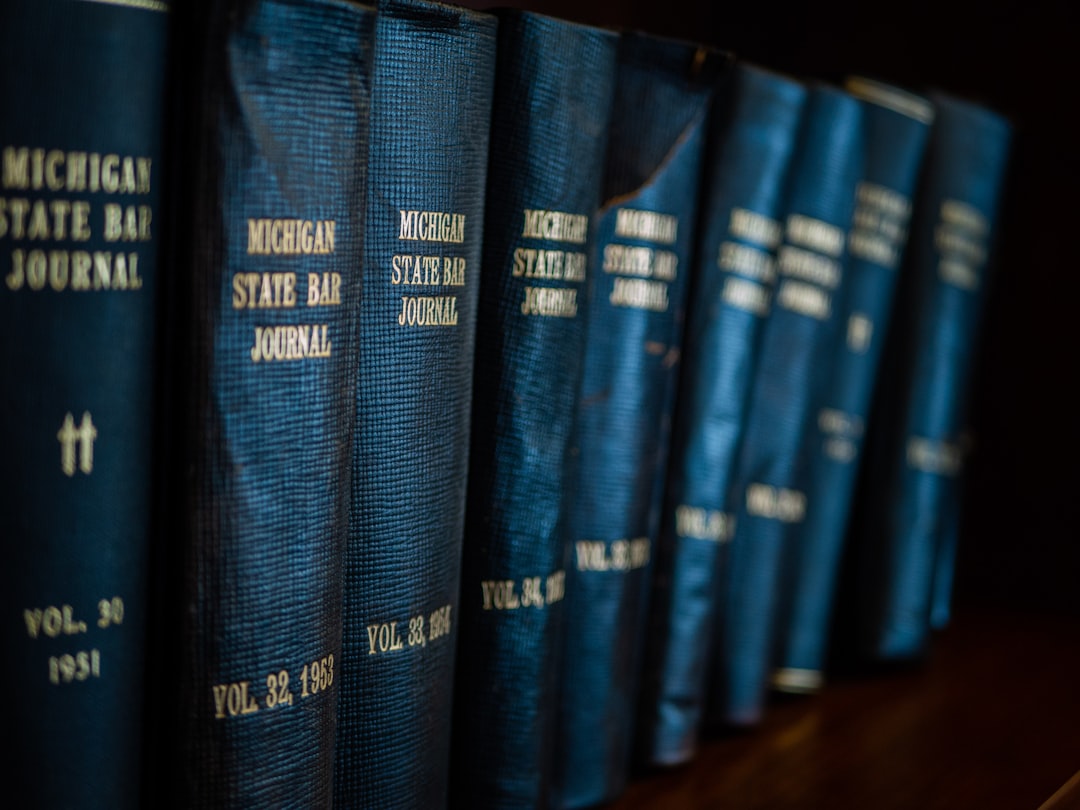What is it about?
The United Nations Convention on the Law of the Sea (UNCLOS) comprehensively regulates marine scientific research (MSR), harmonizing the distinctive interests of States. However, by the time it was negotiated in the 1980's, the small island developing states (SIDS) were not considered a negotiating group. The paper inquires if UNCLOS's framework governing MSR can possibly respond to the SIDS's needs in the 21st century. Following a revision of historical records of the negotiations in light of the sources of international law theory and developments in the theory of benefit sharing, the paper proposes that UNCLOS can respond to the requirements of SIDS related to MSR. The paper evidence that UNCLOS' framework on MSR aims to strengthen the capacity of developing countries in marine sciences. It proposes that three mechanisms are able to achieve such a goal: the consent regimes for MSR, international cooperation and the transfer of marine technology. The paper calls attention to the need for research on the implementation of the legal framework.
Featured Image

Photo by Zunnoon Ahmed on Unsplash
Why is it important?
Small Island Developing States (SIDS) are on the frontline of extreme changes in the marine environment, such as sea-level rise, ocean acidification and overfishing. However, they do not have the sustained capacity to perform the marine scientific research (MSR) needed to mitigate and adapt to such changes. The paper informs on the existence of legal provisions which, if well implemented, could improve developing countries' capacities on MSR.
Perspectives
The need to preserve the "intention of the parties" is extremely important in international law. However, their intention is not easy to depict. Also, determining who the parties determining the intention of a legal document are is equally not straightforward. The paper innovates by looking at the intention of parties which were on the margins of the law of the sea for long - some of which were not independent by the time of the UNCLOS's negotiations. By paying attention to the voices at the margins of mainstream international law, the paper proposes a new interpretation for the framework which is favourable to meet the special needs of Small Island Developing States in the 21st century in relation to marine scientific research.
Luciana Fernandes Coelho
World Maritime University
Read the Original
This page is a summary of: Marine Scientific Research and Small Island Developing States in the Twenty-First Century: Appraising the United Nations Convention on the Law of the Sea, The International Journal of Marine and Coastal Law, July 2022, Brill,
DOI: 10.1163/15718085-bja10099.
You can read the full text:
Contributors
The following have contributed to this page










